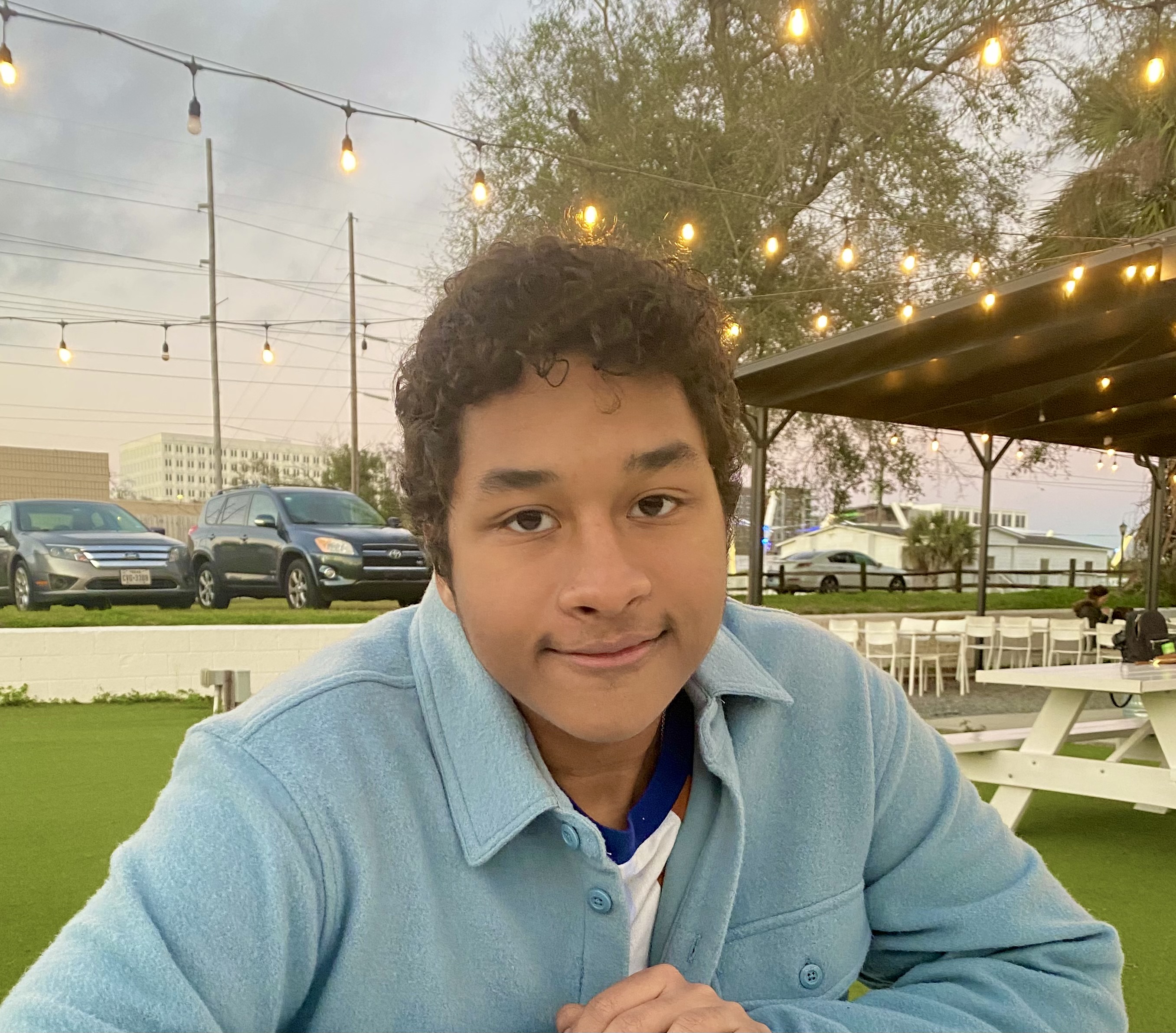Research Symposium
22nd annual Undergraduate Research Symposium
Justin Richard Poster Session 6: 2:30 - 3:15/Poster #42

BIO
Justin Richard is a second-year Florida State student pursing a double degree in Psychology and Marketing. As part of the Undergraduate Research Opportunity Program, he has aided a graduate student with her longitudinal study on how interracial friendships impact disadvantaged group members' collective action intentions over time. Justin is planning on continuing to work in the Plant Lab in the future, focusing primarily on research related to social psychology.
How Do Interracial Friendships Impact Disadvantaged Group Members’ Collective Action Over Time?
Authors: Justin Richard, Kristina ChamberlinStudent Major: Psychology & Marketing
Mentor: Kristina Chamberlin
Mentor's Department: Department of Psychology Mentor's College: College of Arts and Science Co-Presenters: Mara Broderick
Abstract
Previous research has shown that positive contact with dominant group members can undermine collective action for social change (e.g., protest) amongst discriminated group members (e.g., Wright & Lubensky, 2009). The present work replicates this effect, but also integrates the idea that perceiving White friends to be high (vs. low) in antiracism, or the belief that one must personally and proactively combat inequality (Lacosse et al., 2021), should increase collective action. It also looks into mechanisms by which contact and perceived antiracism impact collective action such as anger about inequality and social movement identification (van Zomeren et al., 2008). This study focused on Black and Latino students at Florida State University who completed a series of questionnaires measuring each variable in Fall 2021. Results showed that perceived antiracism of White friends was positively associated with intended collective action and that positive contact with White people was negatively associated with intended collective action. In addition, positive contact was negatively associated with anger about inequality and perceived antiracism was positively associated with anger about inequality. Perceived antiracism was also positively associated with social movement identification and positive contact was negatively associated with social movement identification. Finally, social movement identification and anger about inequality were each positively correlated with intended collective action. We then discuss the meaning of these results and future directions.
Keywords: antiracism, collective action, interracial friendships

